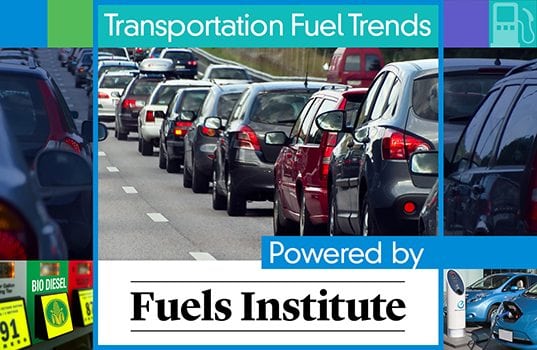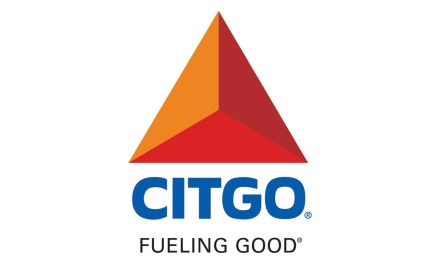Be wary: Low gas prices can cause some retailers to make poor strategic choices.
By John Eichberger
Editorial Note: This article ran previously in the September 2015 issue of NACS Magazine
When gas prices are high, consumers react. They shop around for the best deal, more frequently indicate in surveys that they are interested in seeking alternatives to driving and seem to consider purchasing more fuel-efficient vehicles. However, when prices drop they are less sensitive, are less keen to find alternative transportation options and seem less focused on fuel efficiency.
With the recent drop in oil price and the correspondingly low retail price of gasoline, should retailers who had been evaluating alternative fuel vehicles or were thinking of selling alternative fuels abandon those plans? A look at the data suggests exercising some caution before shifting in this direction. Tomorrow may not bear much resemblance to today’s market and rash changes to strategic direction could prove costly in the long run.
The Price of FuelLet’s start with the retail price of fuel. According to Oil Price Information Service (OPIS), the national average retail price of regular unleaded fuel has experienced a wild roller coaster ride of ups and downs in the last 10 years. And it is precisely this volatility that should lead business strategists to be cautious about shifting strategic direction too soon.
A key driving factor in the price of gasoline is crude oil. In June 2015, the U.S. Energy Information Administration (EIA) attributed 51% of the retail price of gasoline to crude oil. This may seem like a lot, but it is minor compared to the monthly peak of 77.8% reported in November 2011. This should provide some comfort, especially considering the number of forecasts predicting that the price of oil will remain in the $50 range for years to come. But of these prognosticators, how many predicted the price drop we experienced last year?
The lesson: Fuel markets can change with little warning and retailers considering strategic investments should look at a longer time frame for reference.
The Vehicles Market
The same can be said about the vehicles market. Earlier this year, the media was broadly reporting that consumers were flocking back to larger, less efficient vehicles because travel was less expensive at $2.00 per gallon gasoline. But was this truly happening? Were consumers reacting so immediately to the drop in fuel prices, and do they ever react directly to fuel price volatility?
According to an analysis published by the Fuels Institute, the answer is not as much as one might think. Comparing vehicle sales with fuel prices over a five-year period, the Fuels Institute found very little evidence of a causal relationship between fuel prices and the type of vehicle consumers were buying. When prices go up, there is not a corresponding increase in sales of hybrids and battery electric vehicles, nor is there a drop off in sales of sport utility or crossover utility vehicles. Likewise, the opposite is not true when fuel prices drop.
Further, the volatility of fuel prices had not appreciably affected the overall vehicle sales market. Since 2010, the annual volume of light duty vehicles sold in the United States has increased every year. Ultimately, the research demonstrated that there are several attributes other than fuel price and fuel economy that influence a consumer’s purchase decision—it is not as simple as the media infers.
The Bottom Line
Although the fuels market changes quickly, consumer behavior does not shift with the change of oil prices, nor should corporate strategies. Be aware of the change in market conditions so you can evaluate carefully the effect it is having on your business and consider the long-term implications of various scenarios, but caution should dictate your decision-making.
If a story sounds too simple, it probably is. The fuels and vehicles market is a complex arena and to capitalize on opportunities requires careful attention to detail and patience—knee-jerk reactions often result in squandered resources. Ask the next question, and if you want some additional insight, give us a call. Chances are you are not the only one asking.
 For more information about the Fuels Institute or how you can get involved, contact John Eichberger, executive director, at [email protected] or (703)518-7971.
For more information about the Fuels Institute or how you can get involved, contact John Eichberger, executive director, at [email protected] or (703)518-7971.










